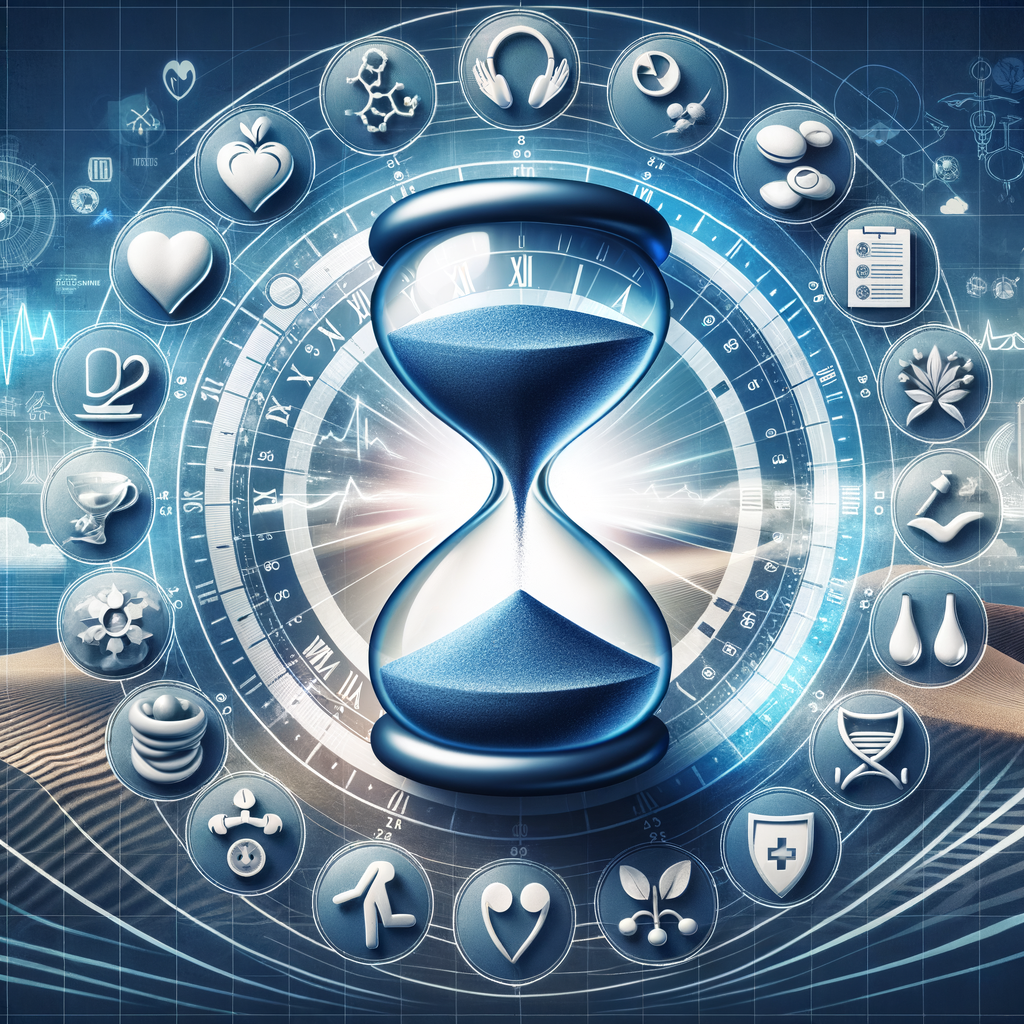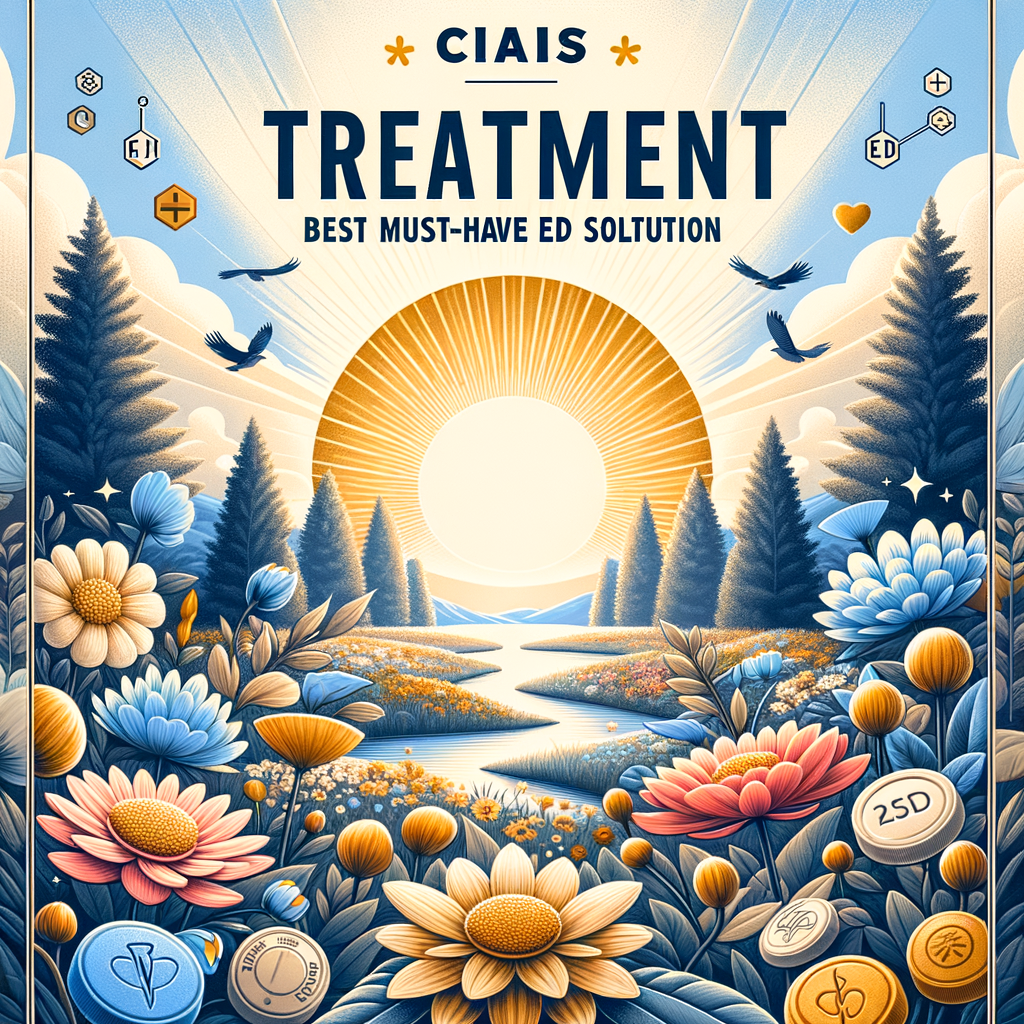- The Role of Lifestyle Factors in ED as You Age
- Exploring Medical Interventions and Therapies for ED Management
- Embracing Communication and Support Networks for Improved Sexual Health
Erectile Dysfunction and Aging: Best Strategies for Overcoming
—
Understanding the Link Between Erectile Dysfunction and Aging
As men age, the risk of experiencing erectile dysfunction (ED) tends to increase. It’s essential to understand that the aging process itself does not directly cause ED. Instead, aging often brings about changes in the body that can contribute to the development of this condition. Factors such as reduced blood flow, hormonal imbalances, and the impact of underlying health conditions become more prevalent as individuals grow older. These changes can manifest in difficulties achieving and maintaining an erection, leading to challenges in sexual performance.
The Role of Lifestyle Factors in ED as You Age
One of the primary strategies for overcoming ED in the context of aging involves addressing lifestyle factors that can exacerbate the condition. Maintaining a healthy lifestyle by engaging in regular physical activity, following a balanced diet, managing stress, and avoiding excessive alcohol consumption and smoking can all play a significant role in managing ED. Exercise, in particular, has been shown to improve blood flow, boost testosterone levels, and enhance overall cardiovascular health – all essential factors in combating ED.
Transitional Word: Additionally
Moreover, ensuring adequate sleep and managing conditions such as diabetes and high blood pressure can also contribute to improving erectile function in aging individuals. By incorporating these lifestyle changes into daily routines, men can take proactive steps to mitigate the impact of aging on their sexual health and overall well-being.
Seeking Professional Guidance for Effective Treatment Options
If lifestyle modifications alone do not sufficiently address the issue of ED in the context of aging, seeking professional guidance becomes crucial. Consulting with healthcare providers, such as urologists or sexual health specialists, can help individuals explore a range of treatment options tailored to their specific needs. These professionals can conduct comprehensive evaluations to identify underlying causes of ED, such as hormonal imbalances or psychological factors, and recommend appropriate interventions.
Consequently
Exploring Medical Interventions and Therapies for ED Management
In more advanced cases of ED related to aging, medical interventions and therapies may be necessary to enhance erectile function. Medications such as phosphodiesterase type 5 (PDE5) inhibitors, including sildenafil (Viagra), tadalafil (Cialis), and vardenafil (Levitra), are commonly prescribed to help improve blood flow to the penis and facilitate erections. These medications have been shown to be effective in treating ED and are generally well-tolerated by most individuals.
Moreover, for those who do not respond well to oral medications or have contraindications, alternative treatments like penile injections, vacuum erection devices, or surgical implants may be considered. These interventions aim to directly address the physical aspects of ED by enhancing blood circulation or providing mechanical support for achieving and maintaining an erection. Each option comes with its own set of benefits and potential side effects, so discussing these choices with a healthcare provider is essential in determining the most suitable approach.
The Role of Psychological Support in ED Management
Acknowledging and addressing the psychological aspects of ED is another key component of overcoming this condition, especially in the context of aging. The emotional impact of ED can be significant, leading to feelings of inadequacy, embarrassment, and anxiety that can further exacerbate the problem. Seeking counseling or therapy from mental health professionals or sex therapists can help individuals work through these emotional challenges and develop coping strategies to improve their sexual confidence and intimate relationships.
Therefore
Embracing Communication and Support Networks for Improved Sexual Health
In navigating the complexities of ED and aging, communication with partners and cultivating a supportive network of individuals can make a substantial difference in managing this condition effectively. Open and honest discussions about sexual health, desires, and concerns can help foster mutual understanding and strengthen the emotional connection between partners. Creating a supportive environment where both parties feel comfortable expressing their needs and seeking assistance can alleviate the emotional burden associated with ED and enhance intimacy and relational satisfaction.
As a result
Conclusively, understanding the intricate interplay between aging, lifestyle factors, medical interventions, psychological support, and communication is essential in developing a holistic approach to overcoming ED in the context of aging. By adopting a multifaceted strategy that addresses physical, emotional, and relational aspects of sexual health, individuals can proactively manage ED and enjoy fulfilling and satisfying intimate relationships as they age.
—
Frequently Asked Questions (FAQs):
1. Q: Can ED be completely cured with treatment?
A: While treatment options can effectively manage ED, a complete cure may not always be possible, depending on individual circumstances.
2. Q: Are there natural remedies that can help with ED in older men?
A: Some natural remedies, such as dietary supplements and lifestyle changes, may offer benefits in improving erectile function, but their efficacy varies.
3. Q: What role does stress play in causing or exacerbating ED?
A: Stress can contribute to ED by affecting hormonal balance and increasing muscle tension, making it harder to achieve and sustain erections.
4. Q: Is it common for aging men to experience occasional episodes of ED?
A: Yes, occasional episodes of ED are relatively common among aging men, but persistent or recurrent issues may warrant further evaluation.
5. Q: How does the prevalence of ED change with increasing age?
A: The prevalence of ED tends to increase with age, with studies showing a higher incidence among older individuals compared to younger populations.
6. Q: Can regular exercise improve erectile function in aging men?
A: Yes, regular exercise can help improve blood flow, cardiovascular health, and hormone levels, all of which contribute to better erectile function.
7. Q: What should I do if ED symptoms persist despite treatment attempts?
A: In cases of persistent ED, it is essential to consult with healthcare professionals to explore alternative treatment options or address any underlying health issues.
8. Q: How do medications like Viagra work in treating ED in aging men?
A: Medications like Viagra work by enhancing blood flow to the penis, promoting the dilation of blood vessels and facilitating the attainment of erections.
9. Q: Are there dietary changes that can help improve erectile function in aging men?
A: Adopting a balanced diet rich in fruits, vegetables, whole grains, and lean proteins can support overall health and potentially benefit erectile function.
10. Q: How can partners support individuals dealing with ED in the context of aging?
A: Partners can offer emotional support, engage in open communication, and explore intimacy-building activities to create a supportive environment for addressing ED.
—
References:
1. American Urological Association. (2018). Erectile Dysfunction. https://www.auanet.org/guidelines/erectile-dysfunction-(2018))
2. Mayo Clinic. (2021). Erectile Dysfunction. https://www.mayoclinic.org/diseases-conditions/erectile-dysfunction/symptoms-causes/syc-20355776
3. Harvard Health Publishing. (2019). Fertility and Aging: Is There a “Fountain of Youth” for Male Fertility?. https://www.health.harvard.edu/blog/fertility-and-aging-is-there-a-fountain-of-youth-for-male-fertility-2019032916266


